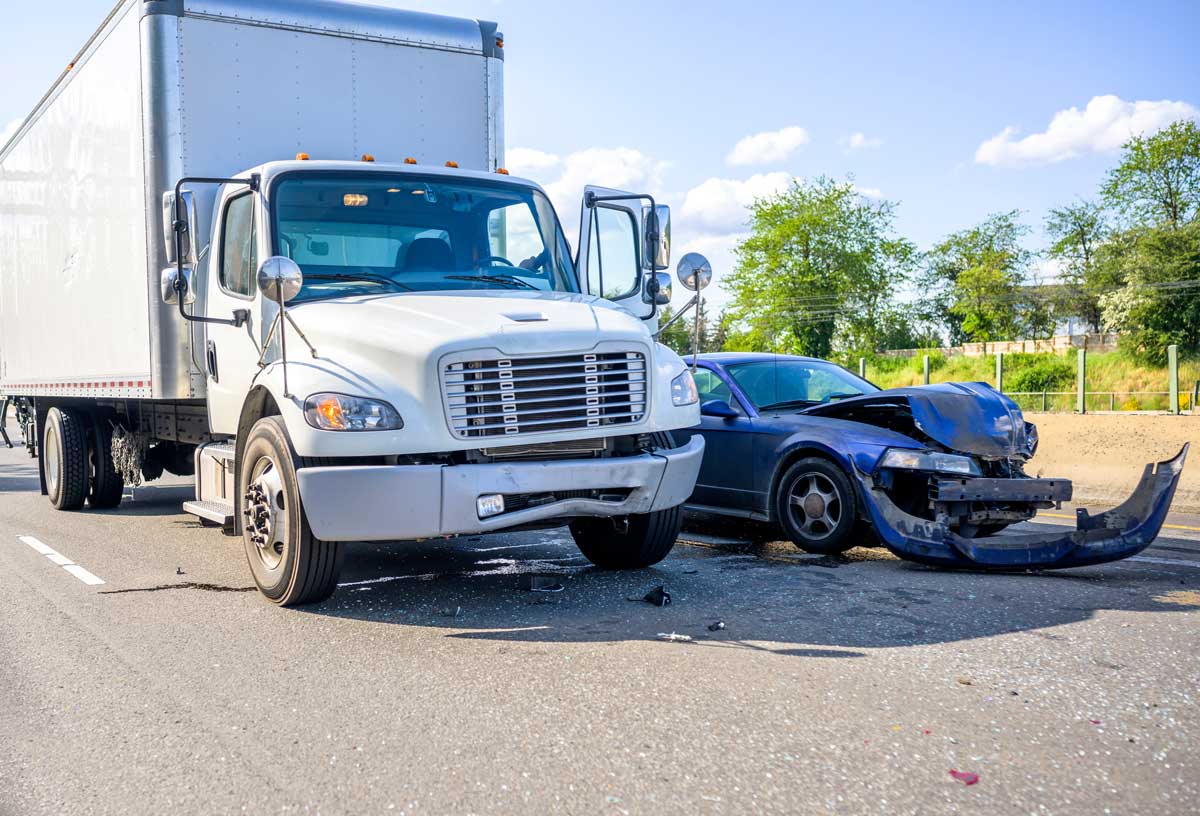
How is settlement value calculated?
In Indiana, the dollar value of damages related to bodily injury and property damages from a crash are anchored to what 6 jurors would determine the value to be. Lawyers and insurance company adjusters try to predict what a jury may award as a car accident settlement payout through experience and data/statistics. Contact a car accident lawyer at Team Green Law to learn more.
In an attempt to predict what a jury may determine the value of damages to be, personal injury lawyers may look at factors including:
- Broken or fractured bones; surgery required, scarring (especially on women where it is noticeable), loss of limb/s, soft tissue injury
- Age of the person
- Total sum of medical bills
- Total payment on medical bills (after insurance write-downs) + any outstanding balances
- Vehicle and/or property damage
- Out-of-pocket expenses such as gas to and from doctor’s appointments, crutches, assistance for household tasks, etc.
- Lost wages
- Past, current, and future pain and suffering, including emotional issues
Other aspects of calculating the settlement value of a case may be considered, as well as an analysis of fault, as this is an important factor in the settlement amount calculation.
How do settlements work in a lawsuit?
Settlements can be used in a variety of civil disputes, including personal injury cases. When a lawsuit is filed by a car accident lawyer, the parties involved will often attempt to resolve the dispute without going to trial. This is known as settling or negotiating a settlement. In most cases, settlements occur because both sides agree to compromise and come to an agreement that is accepted by everyone.
During negotiations, each party typically proposes multiple different offers, which are exchanged to try to reach a mutual agreement. As negotiations progress, it is possible that the parties will eventually come to a resolution they can both agree on. A preferred method for a settlement to be enforceable, both parties would sign an official document that outlines the terms of the agreement. These documents are typically referred to as a Settlement Agreement or Release of Claims.
How do lawyers negotiate settlements?
Car accident lawyers prepare to negotiate settlements by gaining an understanding of a wide range of considerations. To learn more about this, give us a call at Team Green Law. Before negotiating, a lawyer may:
- Assess any liability arguments that could be made by the insurance company
- Internally assess a range of value
- Take note of the insurance company and how they tend to determine valuations
- Take note of the insurance adjuster and/or attorney involved on the other side
- Determine if the insurance company is using an internal attorney or if they have hired a stand-alone defense firm to handle the matter
- Strategize to try to gauge whether a lawsuit will be necessary to get an offer
- Determine whether mediation is needed rather than informal negotiations, and if mediation is the best fit, which mediator is the best choice
Once the parties agree to a settlement, it is typically documented in a legally binding agreement that both sides sign. When negotiations become difficult, or if either party is unwilling to accept the other’s terms, lawyers may suggest using an arbitrator or mediator to help resolve the dispute. This third-party negotiator will listen to both sides of the argument and work to find a resolution that everyone can agree to.
What happens after a settlement is reached?
After a settlement is reached, the parties will typically enter into a written agreement that outlines the terms of the settlement. This document is commonly known as a ‘Release Agreement,’ and, in most instances, is created by the insurance company that insures the at-fault party.
The injured party should review the Release Agreement in detail and suggest any changes to the verbiage before signing it. Once the document is in final form, the injured party will need to sign it before any payments are made or other obligations are fulfilled. The Release Agreement may include details concerning confidentiality, payment schedules, and other important information related to the dispute. The injured person who is to sign the document must be certain that all obligations are reasonable and necessary for resolving the dispute, and having a car accident lawyer review the document is extremely important.
Once the Release Agreement is signed, both parties are bound by its terms and must abide by them. After this process is complete, payments can be made according to the agreed-upon terms of the settlement. Depending on the nature of the dispute, the parties may also be required to take certain additional steps for the settlement to be finalized, which could include filing documentation with the court or other government agencies. Once all obligations are fulfilled, both sides will be released from any further legal responsibilities related to the dispute.
Can a lawsuit be reopened after settlement?
In some rare cases, a lawsuit can be reopened after settlement. This typically occurs when all parties are in agreement that the existing terms of the settlement should be amended or revisited for some reason.
The process for reopening a lawsuit depends on the particular situation, but it usually involves filing a motion with the court requesting that it reopen the lawsuit. The court may then decide to grant or deny the motion, depending on the circumstances of the case and applicable law. It is important that parties carefully consider whether reopening a settled lawsuit is an appropriate course of action before continuing. Legal advice is recommended in these cases so that all options are understood and the best decision is made.
Team Green is a different kind of law firm. We’re not going to make you promises we can’t deliver on. This is our promise to you: we will guide you through the legal process, working with you through straight talk and personal attention, and we’ll work for you with smart, aggressive representation to get the settlement or judgment you deserve. Other lawyers show their case results on their websites, but not only does that imply results they can’t guarantee — it’s against the Indiana Rules of Professional Conduct (Rule 7.1 [2] (2)). But you should know that the results of one successful case does not tell us what will happen with you. We will work with you to set realistic expectations of the timeline and money that could be recovered for your unique case.





